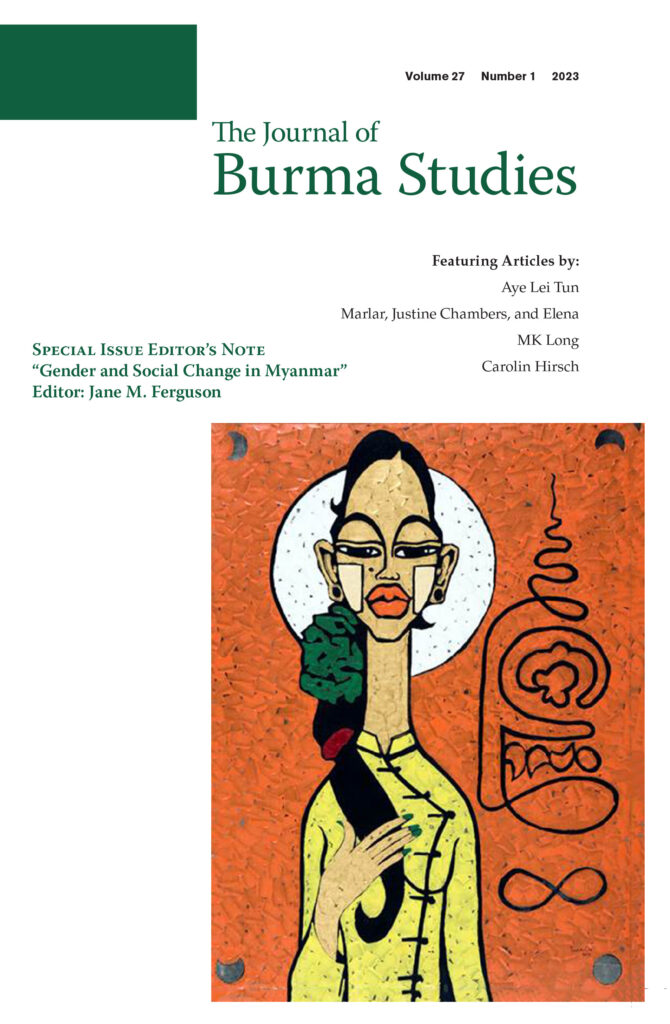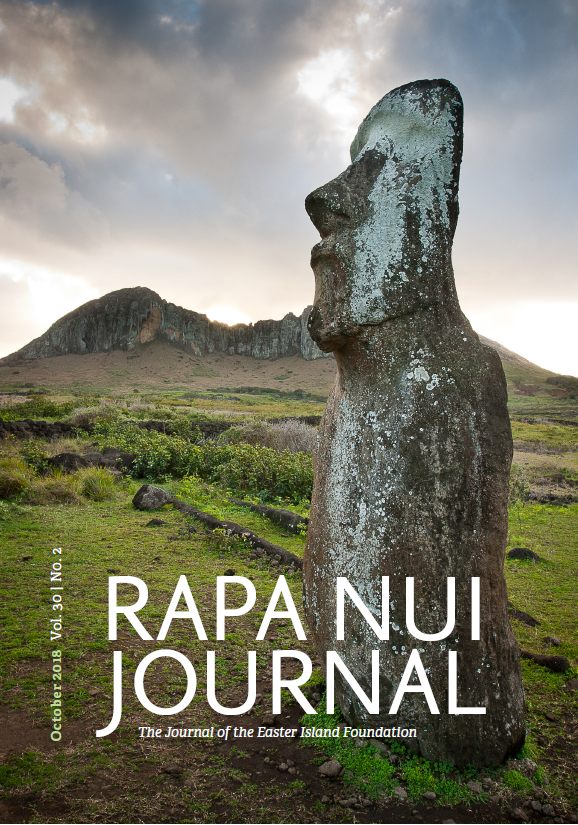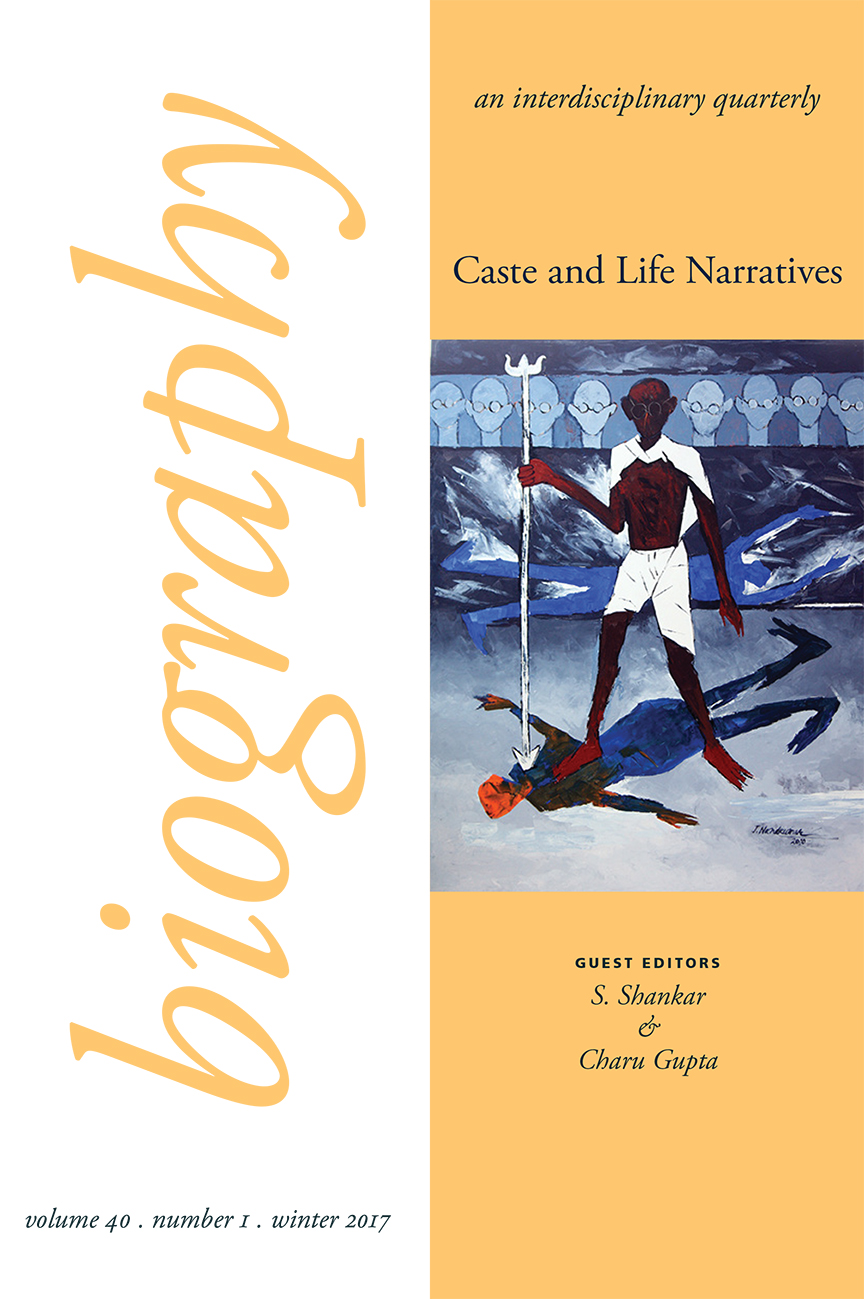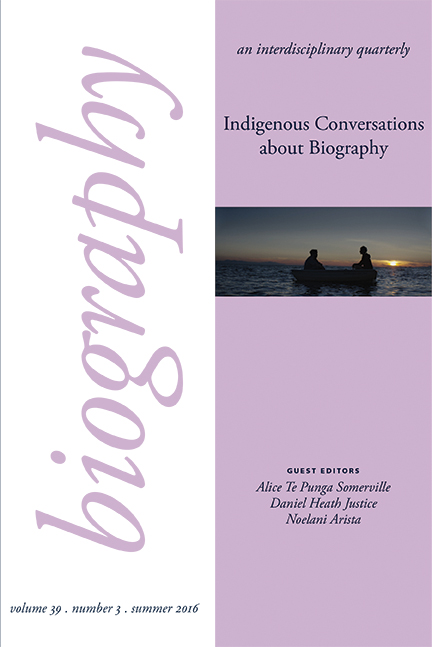
A new special issue from The Journal of Burma Studies is now available to readers on Project MUSE. “Gender and Social Change in Myanmar” analyzes the role of gender within social activism, everyday practices, identity politics, and religious histories in Myanmar are explored in this volume.
The Journal of Burma Studies was established in 1996, with current editor Jane M. Ferguson coming on board in December 2017. She is an Associate Professor of Anthropology, Southeast Asian History, and School of Culture, History, and Language at the Australian National University with a PhD in Anthropology and Southeast Asian history from Cornell University.
Ferguson’s publications include Repossessing Shanland: Myanmar, Thailand, and a Nation-State Deferred (University of Wisconsin Press, 2021) and Silver Screens, and Golden Dreams: A Social History of Burmese Cinema (University of Hawai‘i Press, forthcoming).
Below she shares with UH Press what its been like these last five years as the editor for The Journal of Burma Studies:
University of Hawai‘i Press: After half a decade sitting at the editorial desk, what issues or historic events have changed in your field? Additionally, why was this issue important now?
Jane Ferguson: The horrific events and repression following General Min Aung Hlaing’s 2021 military coup in Myanmar — for a country struggling with economic collapse from the COVID pandemic — constitute a large-scale humanitarian crisis, with war enveloping the country even more than in previous decades. JBS’ charter is to support research and education about and within the country; it is a minuscule contribution where civil war and repression are horrendous, but it does represent one forum for discussing issues that matter to Myanmar, from politics to history, art to popular culture and more. It is also worth engaging with Myanmar’s diverse, rich cultures, ecologies, languages, and human creativity. There is a massive humanitarian crisis in Myanmar, but focusing only on suffering risks ignoring the cultural diversity and tremendous vibrance of its people, historically and today.
UHP: JBS recently introduced a new Special Issue, “Gender and Social Change.” How did this come about?
JF: “Gender and Social Change” is a capacious theme, and remains crucial for any context and study. It is accessible in the sense that despite the articles’ individual topics and particular research in Myanmar, the lessons are relatable to others. This issue deals with topics including gendered activism and transformation, religiosity, global popular culture, sexism, homophobia, and cyber-bullying; subjects of universal concern and relevance.
The Special Issue on “Gender and Social Change in Myanmar” is part of our plan to reach out to and engage new and emerging scholars. JBS has general issues which gather individually-submitted articles, but the strategy for this Special Issue was to take a general, but pressing theme, and seek out different responses to it. We advertised the Special Issue via a call for abstracts, worked with authors through peer-review and the revision process, and wrote an introduction engaging the papers thematically and historically.
UHP: What is next for JBS?
JF: The Journal of Burma Studies will carry on its research and educational charter, working with new and returning authors to encourage lively debate and discussion about issues relevant to Myanmar, Southeast Asian Studies, or disciplinary themes writ large. Please stay tuned for the next call for papers for a thematic issue, or if you have a research topic you are working on please get in touch!
UHP: Do you have any advice for academics interested in submitting to The Journal of Burma Studies?
JF: Anyone interested in contributing to the Journal simply needs to send us an email and let us know! We have standard research articles, but also sections about research notes and book reviews. To support and encourage new authors, we have short written guides to help them navigate the waves of academic publishing.

Volume 27, Number 1 (2023)
TABLE OF CONTENTS
Editor’s Note: Special Issue: Gender and Social Change in Myanmar
Jane M. Ferguson
Deconstructing and Reinforcing Gender Norms and Cultural Taboos in Myanmar’s Spring
Revolution
Aye Lei Tun
Our Htamein, Our Flag, Our Victory: The Role of Young Women in Myanmar’s Spring Revolution
Marlar, Justine Chambers, and Elena
The Gendered Rebel: Challenging Gendered Norms through Punk in Urban Yangon
Carolin Hirsch
CALL FOR SUBMISSIONS
Established in 1996, The Journal of Burma Studies is the premier peer-reviewed academic print journal that focuses exclusively on Burma. The Journal of Burma Studies is jointly sponsored by the Burma Studies Group and the Center for Burma Studies at Northern Illinois University.
It is published twice a year for the Center for Burma Studies. The Journal seeks to publish the best scholarly research focused on Burma/Myanmar, its ethnic nationalities, stateless and diasporic cultures from a variety of disciplines, ranging from art history and religious studies, to economics and law.







